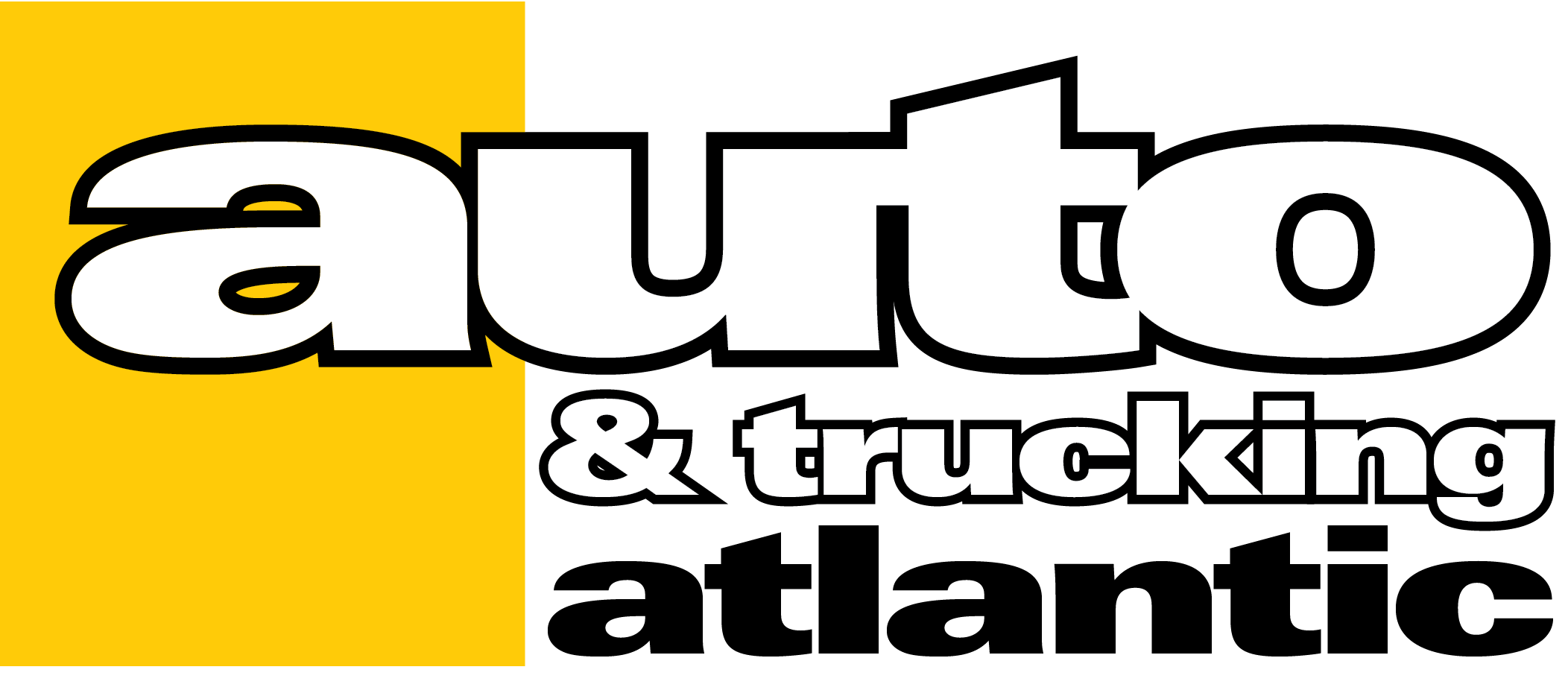Plowing by design
The Atlantic provinces are stars at dealing with unpredictable winter weather but they all have different ways of dealing with it.
by Zachary Perlmutter
Regardless of whether people do or don’t like winter, there’s no denying snow removal is tedious yet necessary. Every city that’s experienced snow regularly can attest to that, yet the systems of removal are different depending on where you live. In eastern Canada, where, according to Statistics Canada, roughly seven per cent of the total country resides, the issue of snow removal is compounded by the cool fronts of The Atlantic Ocean. Despite this, each of Atlantic Canada’s four provinces has a unique challenge when it comes to snow removal and its impact on traffic. And it’s their remedies that makes the Atlantic Canada approach interesting in the conversation about snow removal.
First on our list is Newfoundland and Labrador, specifically the capital, St. John’s. When doing research, through contacting their government officials and reading online, I discovered that the amount of snowfall increases the elevation, making the terrain more difficult to traverse with cars. Additionally, the impact of climate change is projected to make extreme snowstorms more frequent, especially given the latitude of the province. St. John’s usually accumulates around 335 cm of snowfall each year, and the snow plowing budget is roughly $20 million. The city uses regular snow blowers, grader- and- loader mounted snow blowers to clear away large snowfalls. The most highly-recommended tire for winter conditions suggested by the city was an Ice Radial tire.
Next, there’s Halifax, N.S.. According to correspondence with the municipality, which was quite extensive, their Winter Operations program uses both in-house and contracted operators, and they usually clear about 4,322 km of streets, 1,000 km of sidewalks, six km of bike lanes, 11 km of multi-use pathways and roughly 2,300 bus stops. This is prioritized based on traffic, access to buildings like hospitals and schools, and routes of importance. The city uses standard snow clearing vehicles with standard tires without studs. Their budget between April 1st of 2023 and March 31st of 2024 was about $35.7 million, surpassing the previous year’s expectations by three per cent. Given the impact of climate change and rising temperatures, the city projects that the winter season will get milder and shorter, which may reduce the demand on the budget for snow removal.
Fredericton, N.B., on the other hand, uses graders, loaders, trucks and large snow blowers to clear their snow. According to an instructional video, the city uses 11 salt trucks, 42 street plows, and 14 sidewalk plows, and they make sure to salt the roads prior to the winter to help prevent snow from sticking to the streets. They also prioritize plowing based on a three-tier system that begins with major streets and ends with minor streets that cars commute on regularly. Depending on the weather, the streets might be continuously cleared during storms, and a final shoveling is done when the major snow clearance is finished. Although little was mentioned about tires or climate change impacts from the city, given that New Brunswick is neighbouring Nova Scotia, it can be assumed their struggles are similar.
Finally, there’s Charlottetown, P.E.I.. I had to do some digging with this, (pun intended) but the city’s website does have some specific information regarding snow excavation in the winter. In particular, they try to keep the streets running as smoothly as possible by plowing as the snow falls during the daytime, and while their site doesn’t mention an annual budget, it does point out that their plowing machines start being deployed when roughly 2.5 cm of snow hits the ground. It also takes about 16 hours to remove 15-25 cm of snow in continuous intervals, all of which is done strategically to ensure snow gets removed in a timely and cost-efficient manner. Given that P.E.I’s such a small island, concerns about climate change most-likely revolve around rising sea levels and milder winters.
Beneath all of this conversation about snow is a more interesting conversation about snow removal and plowing methods. Traditionally, salt is used to help prevent snow from sticking to the ground, and sand is used upon clearing to keep the snow to the sides. However, since salt has the potential to erode natural growth of plants as the weather warms up, other methods have been piloted in Atlantic cities to address that. In an article in The Philadelphia Enquirer (2019), different, more environmentally-friendly methods of snow removal were discussed that were also cost-efficient, including using the pulp left from wine production, beet juice and the byproduct of cheese. All of these were effective ways to remove snow from the ground that didn’t harm the earth like salt, and it’d be interesting for future research if Canada’s Atlantic provinces have implemented these methods.
Ultimately, while snow can be difficult to deal with for many people living in Canada, both from a lack of heat and the accumulation of it on the ground during storms, Canadians have learned to be resourceful and adapt over the years to the challenges of winter. This is also true of Atlantic Canada. Not only do the four provinces have unique challenges surrounding snow and snow removal, they also have overlapping concerns about climate change and future impacts. There are also alternative methods for snow removal that don’t involve using salt, a known irritant to natural growth, and these could benefit from further exploration. After all, snow’s The Wild West of seasons in terms of visibility and possibility, and if Newfoundland and Labrador, Nova Scotia, New Brunswick and P.E.I are any indication, then the challenges faced there aren’t much different than the challenges of other provinces in the country.
Zachary Perlmutter is a writer based in the Greater Toronto Area.


